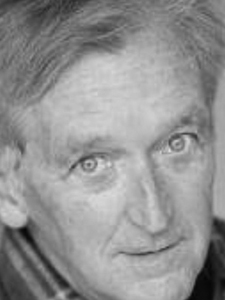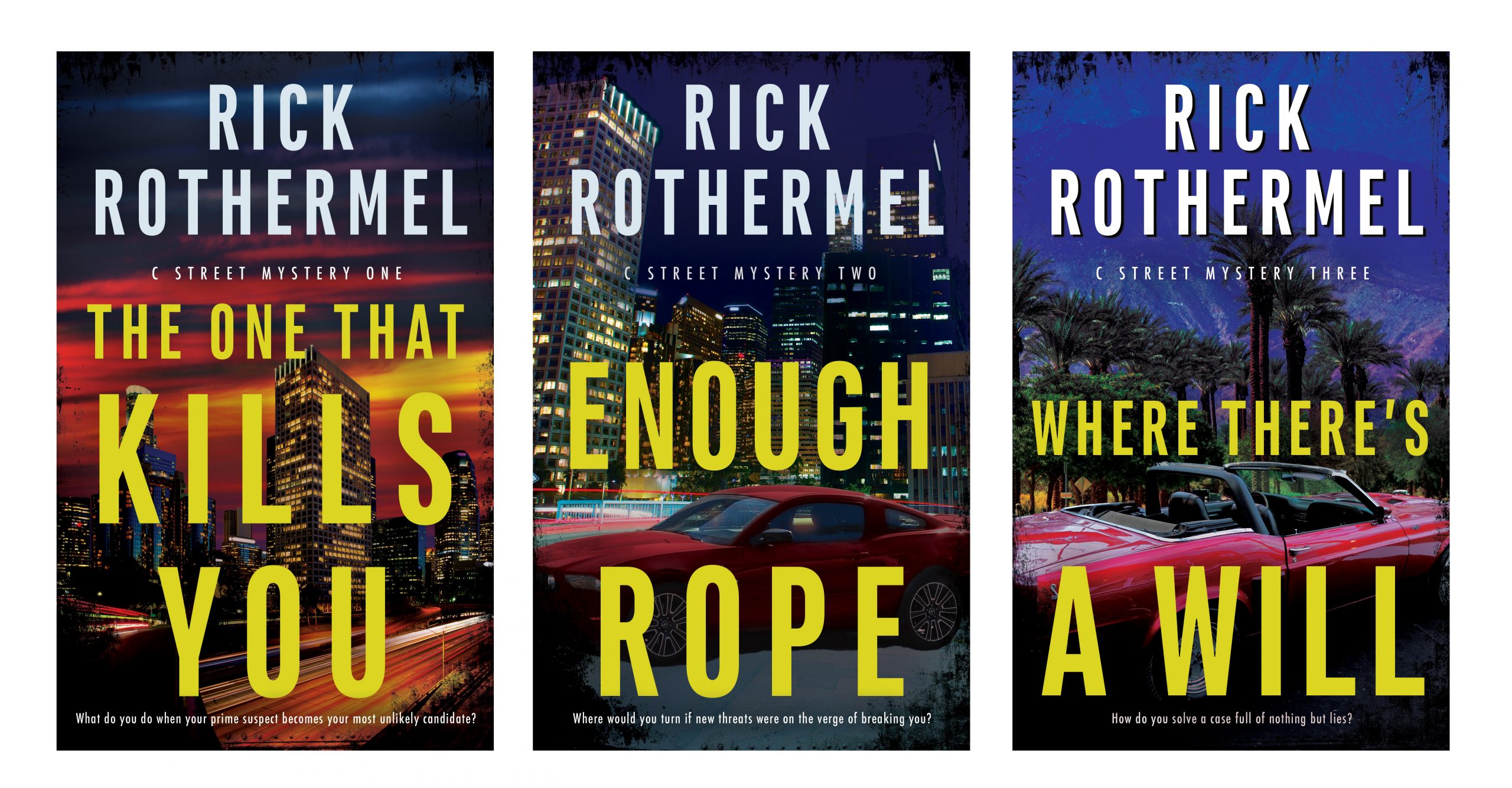I’m thrilled to be sharing with you today an interview with Rough Edges Press author, Rick Rothermel.
 Tennessee native Rick Rothermel grew up in Huntsville, Alabama and lived in Southern California after a decade split between Alaska and Oregon. He was a columnist and freelance contributor for automotive magazines for twenty years and worked in the TV and movie production industry, specializing in automotive subjects.
Tennessee native Rick Rothermel grew up in Huntsville, Alabama and lived in Southern California after a decade split between Alaska and Oregon. He was a columnist and freelance contributor for automotive magazines for twenty years and worked in the TV and movie production industry, specializing in automotive subjects.
Describe your writing process. Do you outline, plot and plan, or is your writing more organic?
I’m pretty ‘loose’ in my writing style, part of which derives from my days as a feature writer and columnist for automotive magazines. The ‘build’ process is fairly similar. I tend to work in an ‘episodic’ method, much as tv writers do. As the ‘scenes’ play out in my head I see the characters interact with one another as I develop the settings, the conflicts and eventually the resolutions. Tying all the events together is the challenge later in the process. I usually map the elements on a white board or three and check off the resolutions as they’re settled. All of the loose ends have to be tied up to create a realistic story.
After that development reaches a finish point I try to step away for a few days, trying to separate from the process (last time I drove to Atlanta for a couple of days… exhausting) then I’ll come back and read the material in its totality. This always brings major changes, often shifting the order of events and tuning the words and actions of the diverse characters, making certain they are distinct in their delivery and personalities. A couple of ‘re-reads’ will usually change and expand the material quite a bit.
The One That Kills You delves into themes of crime, corruption, and a relentless pursuit of the truth. Could you discuss the research process you undertook to ensure the authenticity of the investigative elements in the story?
THE ONE THAT KILLS YOU, the first C Street mystery, was inspired by events surrounding the murder of motor sports legend Mickey Thompson back in the ’80s. That brutal double murder of Thompson and his wife went unsolved and unadjudicated for over twenty years, though there was one ‘set’ suspect who had threatened the victims for years.
Back in the ’90s I’d had a chat with one of Thompson’s friends and confidants, one of those who had identified the bodies on the morning of the murders. He intimated that there was a far more complicated backstory involved, and a distinct possibility of other possible enemies. Thompson had been a hero of mine since childhood, and I’d followed the events surrounding the investigations. The one presumed perpetrator was still free, though he had other legal issues along the way.
All of these elements combined with my own sense of drama and my fondness for classic mysteries on TV and movies were the basis for the story. The possibilities for characters and locales, the time elements and the quirks came to mind over the next couple of years. I had no publisher and little knowledge of the process so ‘makin’ stuff up’ became a hobby.
Can you share any details on how you went about developing the protagonist, C Street?
The C Street character is certainly inspired by my countless hours consuming detective and cop dramas on TV and in print. My goal was that he be as relaxed as Jim Rockford but as detail-oriented as Robert B. Parker’s Spenser, and as tenacious as Sue Grafton’s Kinsey Milhone. His curiosity is a big part of his professional success.
If you could tell your younger writing self anything, what would it be?
If I were to encounter my younger self I’d tell him to get on with it! Twenty five years ago I cowrote a screenplay that would’ve brought the classic MANNIX character back as a tv movie. We were shot down, but those who shot us down as well as others said the material was solid. Had I pursued that further I might’ve had a prolific writing/producing career and property in Malibu that would’ve been burned out twice by now!
What does literary success look like to you?
Now that i’ve been at this for a while, my outlook on ‘success’ has mellowed. I’d hope for steady sales, a few signing sessions, excellent and enthusiastic reviews, and a loyal, curious audience anxious for the next chapter in the CStreet story.
What do you like to do when you’re not writing?
What is your favorite book you’ve read in 2023?
My most recent ‘read’ is Bill O’Reilly’s historical study, KILLING LINCOLN. Pretty amazing how the authors incite such realistic time travel to the early 1960s, and instructive to this and other storytellers. I hated history when I was a kid. Maybe I just needed better teachers.

